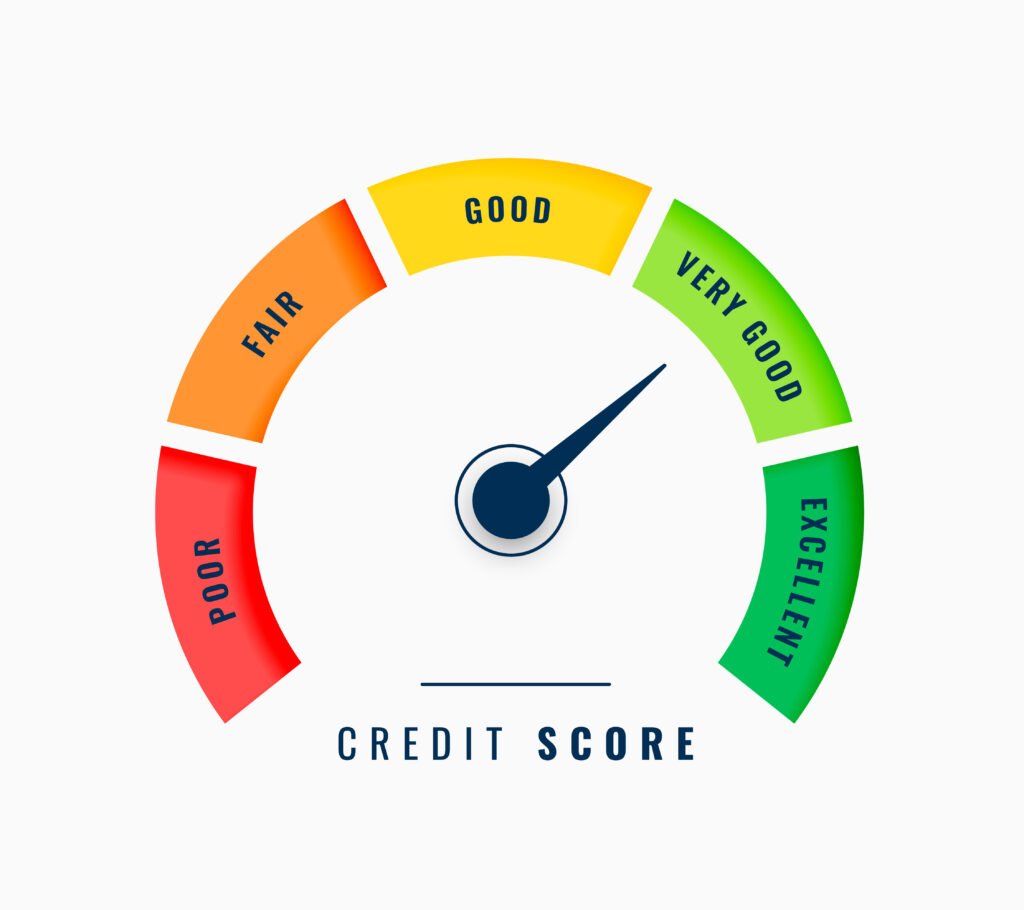As a consumer, your credit score plays a significant role in determining your financial health. It’s a three-digit number that lenders use to assess your creditworthiness and determine the interest rate you’ll qualify for. A good credit score can open doors to better loan terms, lower interest rates, and even employment opportunities. However, many people are unclear about how credit scores work and how to maintain a healthy one. In this article, we’ll explore five essential things you should know about credit scores. By understanding these key concepts, you’ll be better equipped to manage your credit and achieve your long-term financial goals.

1. What is a Credit Score?
A credit score is a numerical representation of your credit history, which is compiled by the three major credit reporting agencies: Equifax, Experian, and TransUnion. The most widely used credit score is the FICO score, which ranges from 300 to 850. The higher your score, the better your credit.
FICO scores are calculated based on five factors:
-
Payment history (35%)
-
Credit utilization (30%)
-
Length of credit history (15%)
-
Credit mix (10%)
-
New credit (10%)
2. How is Your Credit Score Calculated?
Your credit score is calculated based on the information in your credit reports. Here’s a breakdown of the factors that influence your score:
-
Payment history: On-time payments, late payments, and accounts sent to collections all impact your score.
-
Credit utilization: Keeping your credit card balances low compared to your credit limits can help improve your score.
-
Length of credit history: A longer credit history can positively impact your score, as it shows lenders you have experience managing credit.
-
Credit mix: Having a diverse mix of credit types, such as credit cards, loans, and mortgages, can help improve your score.
-
New credit: Opening too many new credit accounts in a short period can negatively impact your score.
3. What is a Good Credit Score?
In general, a good credit score is considered to be:
-
700 or higher: Excellent credit
-
660-699: Good credit
-
620-659: Fair credit
-
Below 620: Poor credit
Keep in mind that different lenders may have different criteria for what constitutes a good credit score. However, as a general rule, a higher credit score will qualify you for better loan terms and lower interest rates.
4. How Can You Improve Your Credit Score?
Improving your credit score requires a combination of financial discipline and smart credit management strategies. Here are some tips to help you improve your credit score:
-
Make on-time payments
-
Keep credit card balances low
-
Monitor your credit reports for errors
-
Avoid applying for too many credit cards or loans
-
Consider a secured credit card or becoming an authorized user on someone else’s credit account
5. Why is Your Credit Score Important?
Your credit score plays a significant role in determining your financial health and opportunities. Here are some reasons why your credit score is important:
-
Loan and credit approvals: A good credit score can help you qualify for loans and credit cards with favorable terms.
-
Interest rates: A higher credit score can qualify you for lower interest rates on loans and credit cards.
-
Employment opportunities: Some employers may use credit scores as a factor in hiring decisions.
-
Apartment rentals: Landlords may use credit scores to evaluate potential tenants.
Additional Tips for Maintaining a Healthy Credit Score
-
Set up payment reminders to ensure you never miss a payment.
-
Consider using a credit monitoring service to keep track of your credit reports and scores.
-
Avoid closing old credit accounts, as this can negatively impact your credit utilization ratio.
-
Don’t open too many new credit accounts in a short period, as this can negatively impact your credit score.
The Impact of Credit Scores on Your Financial Future
Your credit score can have a significant impact on your financial future. A good credit score can help you:
-
Qualify for lower interest rates on loans and credit cards.
-
Get approved for apartments and mortgages.
-
Receive better insurance rates.
-
Even get hired for a job.
On the other hand, a poor credit score can lead to:
-
Higher interest rates on loans and credit cards.
-
Denial of credit and loan applications.
-
Higher insurance rates.
-
Even difficulty getting hired for a job.
Conclusion
Your credit score is a critical component of your financial health, and understanding how it works is essential for achieving your long-term financial goals. By knowing what factors influence your credit score, how it’s calculated, and how to improve it, you’ll be better equipped to manage your credit and unlock better financial opportunities. Remember, a good credit score is within reach, and with the right strategies and discipline, you can achieve it.

